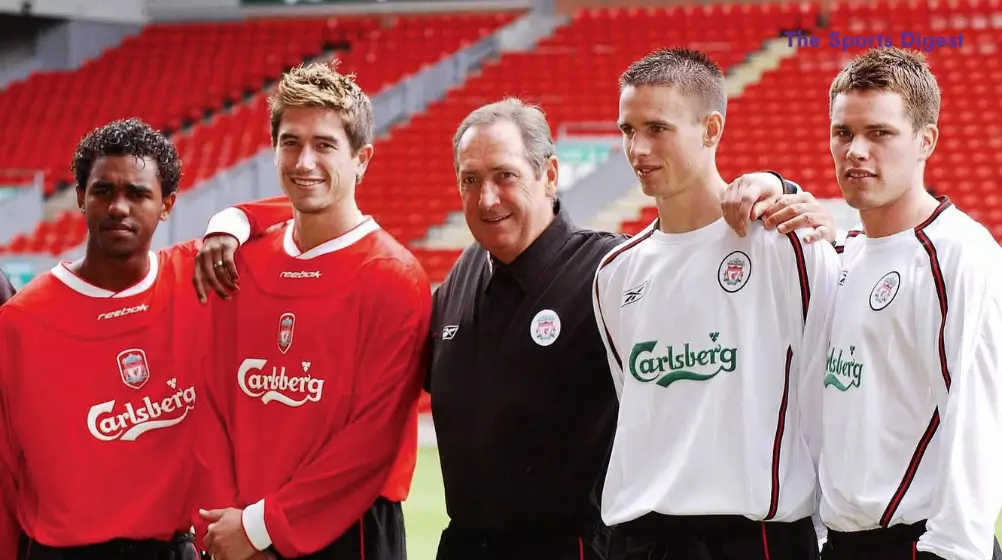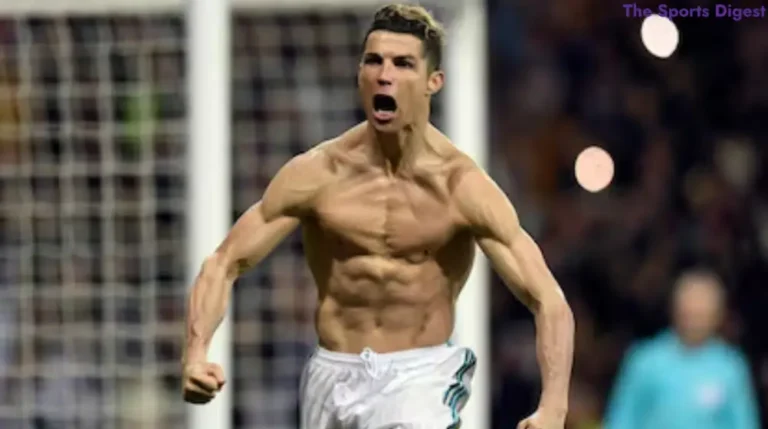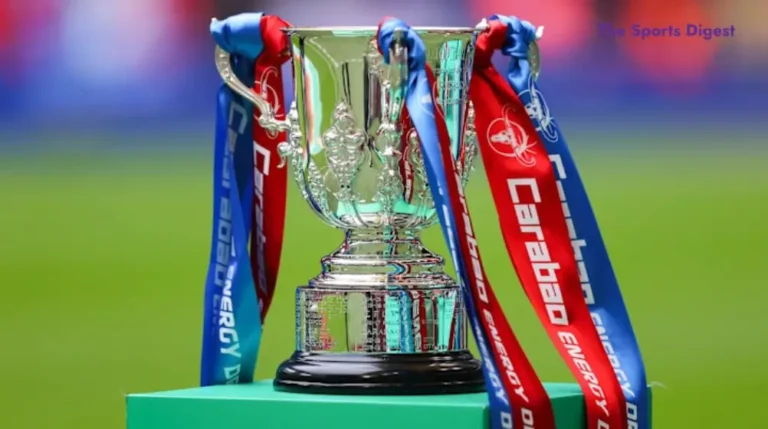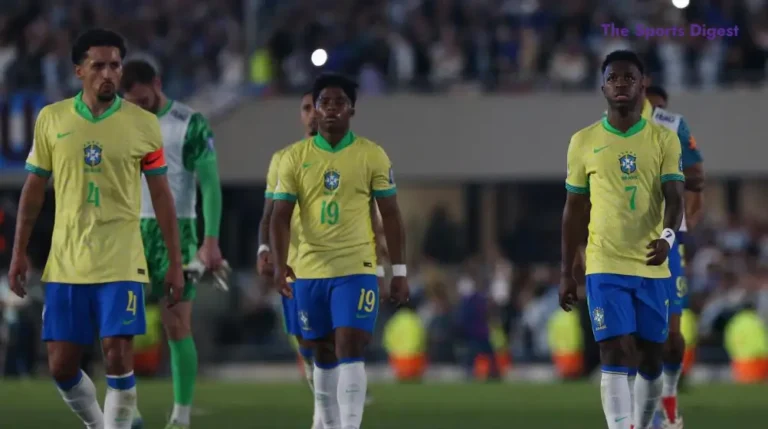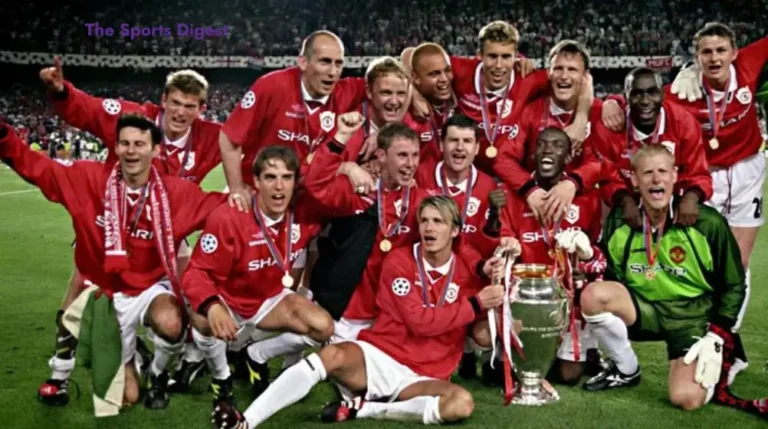Gérard Houllier: The Rise and Fall at Liverpool
In March 2002, Gérard Houllier stood at the height of his powers at Liverpool Football Club. With unwavering confidence, he declared the team was “10 games from greatness” – a statement that would later echo with tragic irony. The previous two years had been a stunning renaissance for the club, marked by a remarkable treble victory in the 2000/01 season and a squad brimming with potential.
The team’s transformation was nothing short of remarkable. Michael Owen had won the Ballon d’Or, Steven Gerrard was emerging as a generational talent, and Gérard Houllier defensive signings of Sami Hyypiä and Stéphane Henchoz had solidified the backline. His tactical acumen and transfer market shrewdness seemed to herald a new era of Liverpool dominance.
Table of Contents
The Fateful Summer of 2002
The seeds of decline were subtly planted in the summer of 2002. Gérard Houllier transfer decisions would prove to be his undoing. With great fanfare, he signed El-Hadji Diouf, describing him as a “warrior” and a “rough diamond”. Salif Diao arrived with comparisons to Patrick Vieira, while Bruno Cheyrou was ambitiously likened to Zinedine Zidane.
These signings would become cautionary tales of managerial overconfidence. Diouf, far from being a warrior, became known for his poor attitude and unprofessionalism. Diao failed to make any meaningful impact, and Cheyrou remained an anonymous figure unable to adapt to English football.
The Gradual Descent
The 2002/03 season initially masked these underlying issues. A long unbeaten run and Michael Owen’s prolific scoring created an illusion of progress. However, the cracks were already forming. The turning point came in November 2002 with a 1-0 loss to Middlesbrough, triggering a catastrophic two-month winless streak.
Liverpool’s performances deteriorated dramatically. The new signings proved to be spectacular failures, with Diouf, Diao, and Cheyrou quickly becoming synonymous with transfer market mismanagement. The team endured its worst run of form in 80 years, and Gérard Houllier reactions became increasingly defensive and paranoid.
The Final Act
By the 2003/04 season, Gérard Houllier decline had become irreversible. The sense of unity and purpose that once defined his Liverpool team had crumbled, replaced by growing tensions and frustrations. His relationship with both the media and his players deteriorated rapidly, with trust eroding on multiple fronts. Publicly, he began to criticize his own squad, singling out key figures like Michael Owen and Emile Heskey, which only deepened the rift within the dressing room. The once-strong bond between manager and team was unraveling, and goalkeeper Jerzy Dudek later revealed that Houllier was losing control, turning on his players with increasing frequency.
By the time he faced the press for what would be his final conference as Liverpool manager, the aura of authority and self-assurance that once defined him had all but disappeared. Clutching desperately at irrelevant statistics in an attempt to justify his tenure, he appeared a shadow of the visionary leader who had once seemed destined for greatness. Even though he had secured Champions League qualification, the decision had already been made—Liverpool’s board had lost faith, and his time at Anfield was coming to an inevitable end.
The Tragic Irony
Gérard Houllier’s story at Liverpool is ultimately one of unfulfilled potential and ambitions that fell just short. The manager who once seemed destined to restore the club to its former glory became a victim of his own early success, as his initial achievements raised expectations to levels he could not sustain. His emotional victory over Roma, which marked his return after recovering from a serious health scare, appeared at the time to be a personal and professional triumph. In hindsight, however, it was the beginning of his decline.
His departure was not just the end of an era but also a stark reminder of football’s ever-changing fortunes. Success can quickly turn into pressure, and admiration can give way to doubt overnight. Gérard Houllier tenure serves as a cautionary tale of how fine the line is between brilliance and self-deception in football management, and how building lasting success is far more challenging than achieving fleeting glory.
Have you ever read an article like this?
There are no reviews yet. Be the first one to write one.
